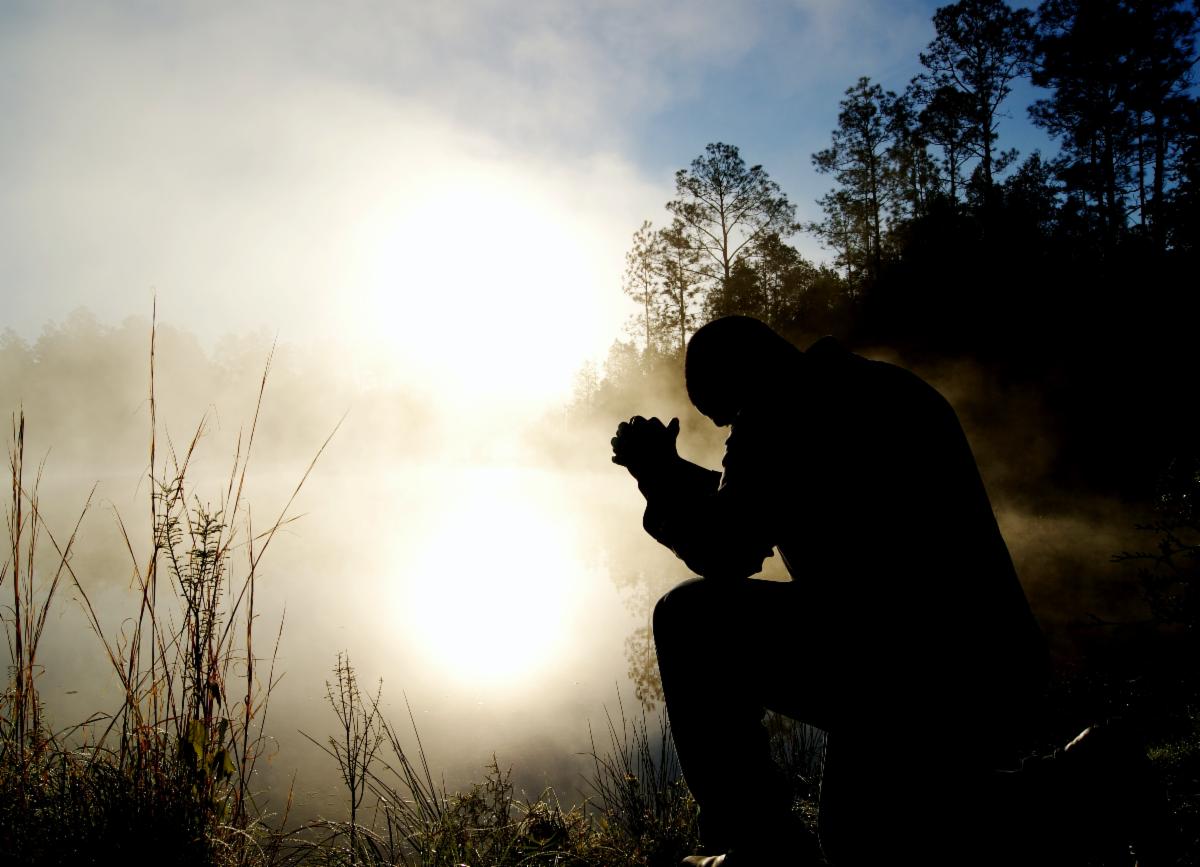Rekindling Your Lamp

This Dvar Torah was written by David Gottlieb, a teacher at Orot: Center for New Jewish Learning.

Photo by Aaron Burden on Unsplash
On some weekday evenings, when our schedule permits, my wife and I will watch something on TV before retiring for the night.
We want a few minutes to sit and laugh together. We’ve found that laughing is more conducive to good sleep than the news, or a series about some sort of futuristic dystopia that all too closely resembles daily reality.
One night last week, we watched a comedy special by the comedian Tom Papa, called “You’re Doing Great” (also, as it happens, the title of his recent book).
In the special, Papa pokes fun at how much we expect of ourselves, and how in the process we fail to truly live. “You’re doing great” tells us just that: whether or not you are great, you’re doing great.
You’re just fine, where and how you are – if you’d only truly be there.
Of course, “being there” sounds easier than it is. So how do we do it?
How do we cut through the noise, the drama, and the myriad distractions, to live with equanimity and gratitude?
And how do we keep from berating ourselves that we aren’t doing enough, or well enough? The answer: cultivate presence as a discipline. Develop it as a habit. And when you stray from the path, just forgive yourself and move back in the right direction.
There are even hints, in rabbinic discussions of Tetzaveh, this week’s Torah portion, that shed light on how the discipline of ritual helps us stay present.
One such discussion (in the Talmud Zev. 88b) centers on the meaning of the series of vestments that Aaron and his sons are to wear (Ex. 28:4).
The Talmud notes that each priestly vestment served an ethical purpose:
- “the breastpiece of judgment” was to warn against miscarriages of justice
- The jacket (m’il, similar to the word ma’al, “betrayal”) would guard against gossip.
- The ephod (an outer garment, one in which idols were often dressed) would defend against idolatry.
- The ketonet, the fringed tunic like the one Joseph wore, would prohibit the bloodshed with which Joseph was threatened by his brothers.
- The robe, covering the body, would protect against unchastity and the headdress against an “elevated heart,” or arrogance.
- The sash, girded over the heart, was to keep the heart from “straying,” or following its appetites. (Nonetheless, all these boundaries are crossed in next week’s Torah portion, Ki Tissa, in the episode of the Golden Calf.)
What does all this have to do with staying present?
Simply put, the fashioning and donning of the priestly vestments are embodied, physical actions, and the clothes themselves are endowed with meaning.
These garments require concentration: on the part of those who possess the skill (hokhmei lev, or possessing “wisdom of heart”) to make them; and on the part of those who must put them on in the proper order, and those who witness them, to stay mindful of their meaning.
Another interesting rabbinic discussion centers on the ner tamid, the light which is to be kindled at the entrance to the Tent of Meeting (Ex. 27:20).
As Shai Held notes (Heart of Torah, Vol. 2, 198-199), a midrash suggests the westernmost light must burn constantly, as it does over our Torah arks today; however, the cantillation of the Torah text (the diacritical marks indicating pronunciation and phrasing) seems to indicate a pause between the words ner and tamid.
Hence, the word tamid here would mean “regularly,” not “eternally”.
Perhaps, then, it’s not that the light must always be burning, but that we, Israel, must kindle it, again and again.
Like the ner tamid, Tom Papa thinks we don’t have to be burning constantly. We just have to keep regularly lighting the lamp.
In an interview with Newsweek about his comedy special, Papa expanded on this theme. “I think what we’re battling with is this expectation that everything has to be great all the time. We’re digesting images so often that we have this unrealistic idea of what a life should be, and if you realize that a simple life with friends, family, love, food, and all those small things – if you master that – that’s actually the key to having a life filled with meaning.”
The rabbinic discussions around Tetzaveh suggest a similar approach.
We enter into divine service when we do the simple things: attending, with a wise heart, to our tasks and commitments; kindling the light again and again, but not expecting it to be lit all the time; and being present, with equanimity and gratitude, as often as we can.
It is these daily, modest acts which enable us to look in the mirror, and at each other, and say: “You’re doing great.” And mean it.
Kavannah
Each morning this week, as you get dressed, focus on each piece of clothing: that it was made, sold, and brought or shipped to your home, and how it serves you through your day. Throughout the day, see yourself as a lamp, helping illuminate your path and brighten others. When your “lamp” goes out, take a moment to breathe deeply, allowing the breath to “rekindle” the light you bring.
Shabbat Shalom




